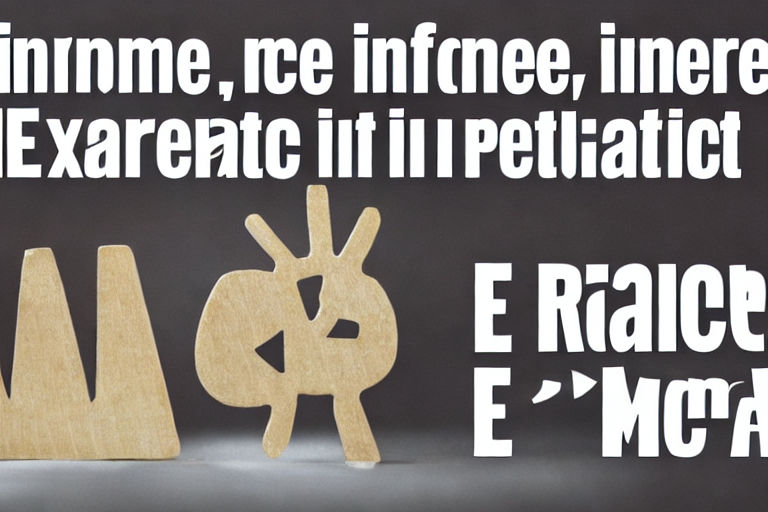Why You Need to Prioritize Emergency Funds for Financial Stability
Having emergency funds is crucial for anyone who wants to maintain financial stability. Life is unpredictable, and anything can happen at any time, so it is important to be prepared for the unexpected.
What Are Emergency Funds?
Emergency funds are a sum of money set aside specifically to cover any costs that may arise due to an unexpected event. This can include a job loss, a medical emergency, a car repair, or any other unforeseen expense. Emergency funds act as a safety net that can help you weather a financial storm without causing too much damage to your finances.
Why Are Emergency Funds Important?
There are many reasons why emergency funds are important. Here are a few key reasons:
- Peace of mind: Knowing that you have a safety net can reduce stress and give you peace of mind in case an emergency arises.
- Protection against debt: Without emergency funds, you may have to rely on credit cards or loans to cover unexpected expenses, which can lead to high-interest rates and mounting debt.
- Preparation for the future: Having emergency funds can also prepare you for potential future expenses, such as a down payment on a house or a child's education.
How Much Should You Save?
The amount you should save for emergency funds varies from person to person depending on their unique circumstances. However, most financial experts recommend having enough saved to cover between three to six months' worth of living expenses. This means that if your monthly expenses are $3,000, you should aim to save between $9,000 to $18,000 in emergency funds.
How to Save for Emergency Funds?
Saving for emergency funds can seem like a daunting task, especially if you have other financial obligations. Here are a few strategies to help you save effectively:
- Make it automatic: Set up an automatic transfer from your checking account to your emergency fund savings account each month to make saving easier.
- Cut back on expenses: Find ways to cut back on unnecessary expenses, such as eating out or subscription services, and redirect that money towards your emergency fund.
- Get creative: Find ways to increase your income, such as freelancing or selling items you no longer need, and put that money towards your emergency fund.
Final Thoughts
Emergency funds are an essential component of any solid financial plan. While it may seem daunting to save for them, the peace of mind and financial stability they provide are worth the effort. Start saving today and prioritize building your emergency funds to protect your financial well-being tomorrow.



